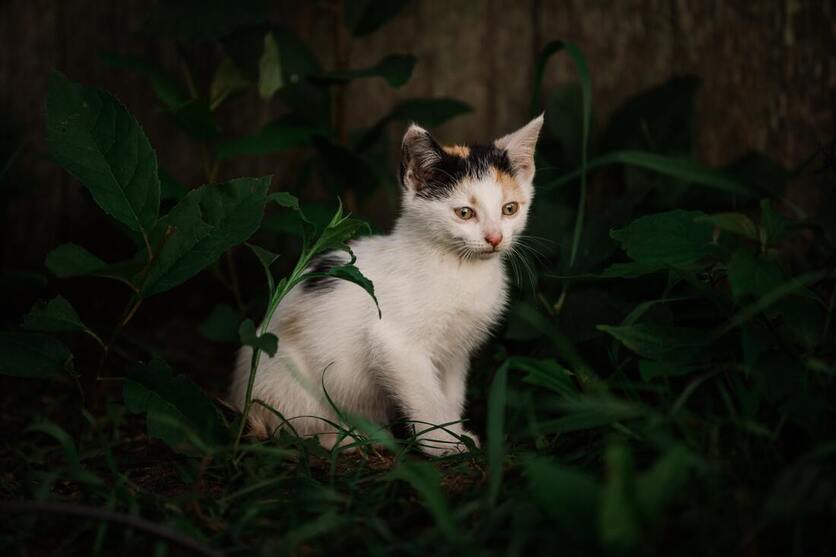Letter to Global Environmental Leaders in Support of TNR Over Eradication
In reaction to the Polish Academy of Sciences’ recent classification of domestic cats (Felis catus) as an “invasive alien species,” Alley Cat Rescue (ACR) has penned an open letter to environmental leaders of multiple Island and other nations, urging them to reject any policies that promote cat culling and to manage feral cat populations through the nonlethal practice of Trap-Neuter-Return (TNR).
Over 160 veterinarians, animal welfare groups, and other cat professionals signed in support of the letter, which has been sent to the heads of the economic departments of Australia, Brazil, Cayman Islands, Dominican Republic, Galapagos Islands, Haiti, Iceland, Indonesia, Ireland, Jamaica, Japan, Mauritius, New Zealand, Papua New Guinea, Philippines, Singapore, Slovakia, Sri Lanka, Trinidad and Tobago, and the USA. These countries were selected due to their unique wildlife, which some conservationists believe are threatened by feral cat predation.
Alley Cat Rescue President and Founder, Louise Holton, explains the group’s motivation behind the letter, saying “We agree that outdoor cat populations need to be controlled. Nonlethal humane methods exist and we have over 30 years of proof that they work effectively, And what other methods are offered? Snaring, poisoning, shooting, bludgeoning them to death. Is this the way to treat any animal, let alone the cat, beloved by many all across the world?”
ACR argues, through historical examples and scientific studies, that eradication is less effective and more costly than TNR. The cat advocacy organization also uses historical evidence to reveal common unintended consequences of eradicating cats from an enclosed ecosystem. ACR points to Marion Island as one example, where cats were culled in order to protect sea birds. Cats were killed off over a 19-year-long campaign, resulting in an explosion in the mice population. The mice turned to preying on sea bird chicks, proving the campaign to be an expensive failure.
Over 160 veterinarians, animal welfare groups, and other cat professionals signed in support of the letter, which has been sent to the heads of the economic departments of Australia, Brazil, Cayman Islands, Dominican Republic, Galapagos Islands, Haiti, Iceland, Indonesia, Ireland, Jamaica, Japan, Mauritius, New Zealand, Papua New Guinea, Philippines, Singapore, Slovakia, Sri Lanka, Trinidad and Tobago, and the USA. These countries were selected due to their unique wildlife, which some conservationists believe are threatened by feral cat predation.
Alley Cat Rescue President and Founder, Louise Holton, explains the group’s motivation behind the letter, saying “We agree that outdoor cat populations need to be controlled. Nonlethal humane methods exist and we have over 30 years of proof that they work effectively, And what other methods are offered? Snaring, poisoning, shooting, bludgeoning them to death. Is this the way to treat any animal, let alone the cat, beloved by many all across the world?”
ACR argues, through historical examples and scientific studies, that eradication is less effective and more costly than TNR. The cat advocacy organization also uses historical evidence to reveal common unintended consequences of eradicating cats from an enclosed ecosystem. ACR points to Marion Island as one example, where cats were culled in order to protect sea birds. Cats were killed off over a 19-year-long campaign, resulting in an explosion in the mice population. The mice turned to preying on sea bird chicks, proving the campaign to be an expensive failure.
